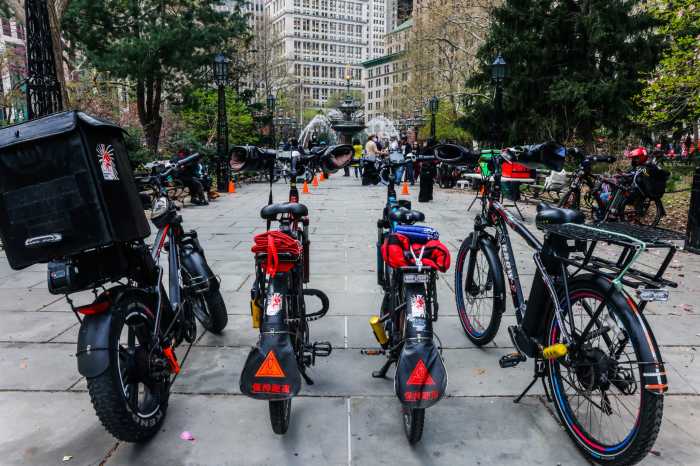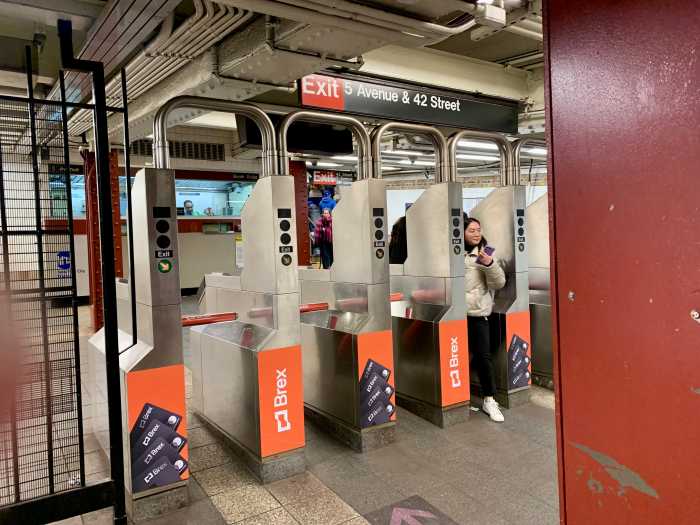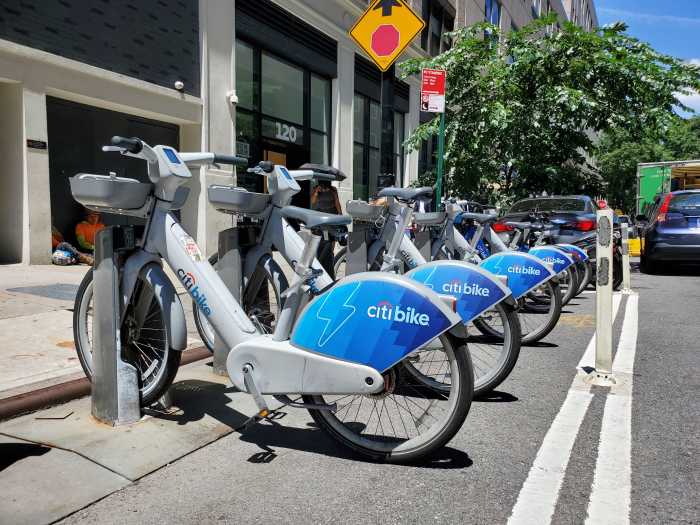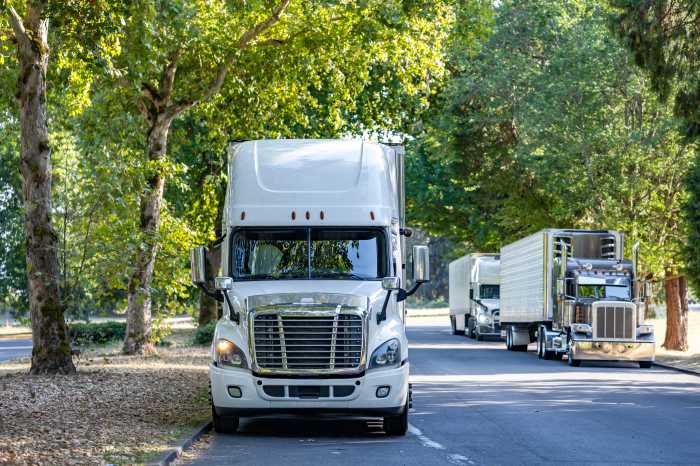
New Yorkers haven’t come around on the idea of congestion pricing despite support from Gov. Andrew Cuomo, advocates and transit experts in the city, according to a new poll out Thursday.
Fifty-two percent of New York City voters oppose the idea of a congestion pricing plan to charge motorists for driving into Manhattan as a way to fund mass transit, according to the poll from Quinnipiac University Poll, which surveyed 955 city voters.
Meanwhile, 75 percent of those polled support Mayor Bill de Blasio’s proposed millionaire’s tax to fund the MTA — a plan widely considered politically dead among state lawmakers who would have to enact it.
“The commuters who make less than $1 million dollars feel like those who make more than $1 million dollars should make transit better. They don’t think the burden should be placed on them,” Tim Malloy, assistant director at the Quinnipiac University Poll, said.
The poll comes as state leaders negotiate final details of the state budget ahead of its April 1 deadline, with some proposing new per-trip surcharges on ride-hail services like Uber or Lyft in lieu of a congestion pricing plan that brings new tolled roads.
The Cuomo-assembled Fix NYC panel in January published its recommendations for a tolled zone in Manhattan, below 60th Street.
Back in October 2017, a Q Poll found that 52 percent of city voters opposed the idea of congestion pricing — though that poll question revolved around a theoretical proposal that also included lowering tolls on bridges not connected to Manhattan. Even with the distaste for new tolls, 90 percent of voters agreed that traffic is a very or somewhat serious problem.
Either way, New Yorkers aren’t happy with subway service, plagued by aging infrastructure and tardy trains. Seventy percent of those polled described service as “not so good” or “poor,” according to the poll, which had a margin of error of +/- 4.1 percentage points.
“It’s the ongoing lament of New Yorkers — they don’t even think the subway system is even adequate,” Malloy said. “And they don’t think the burden should be placed on them to fix it.”



































